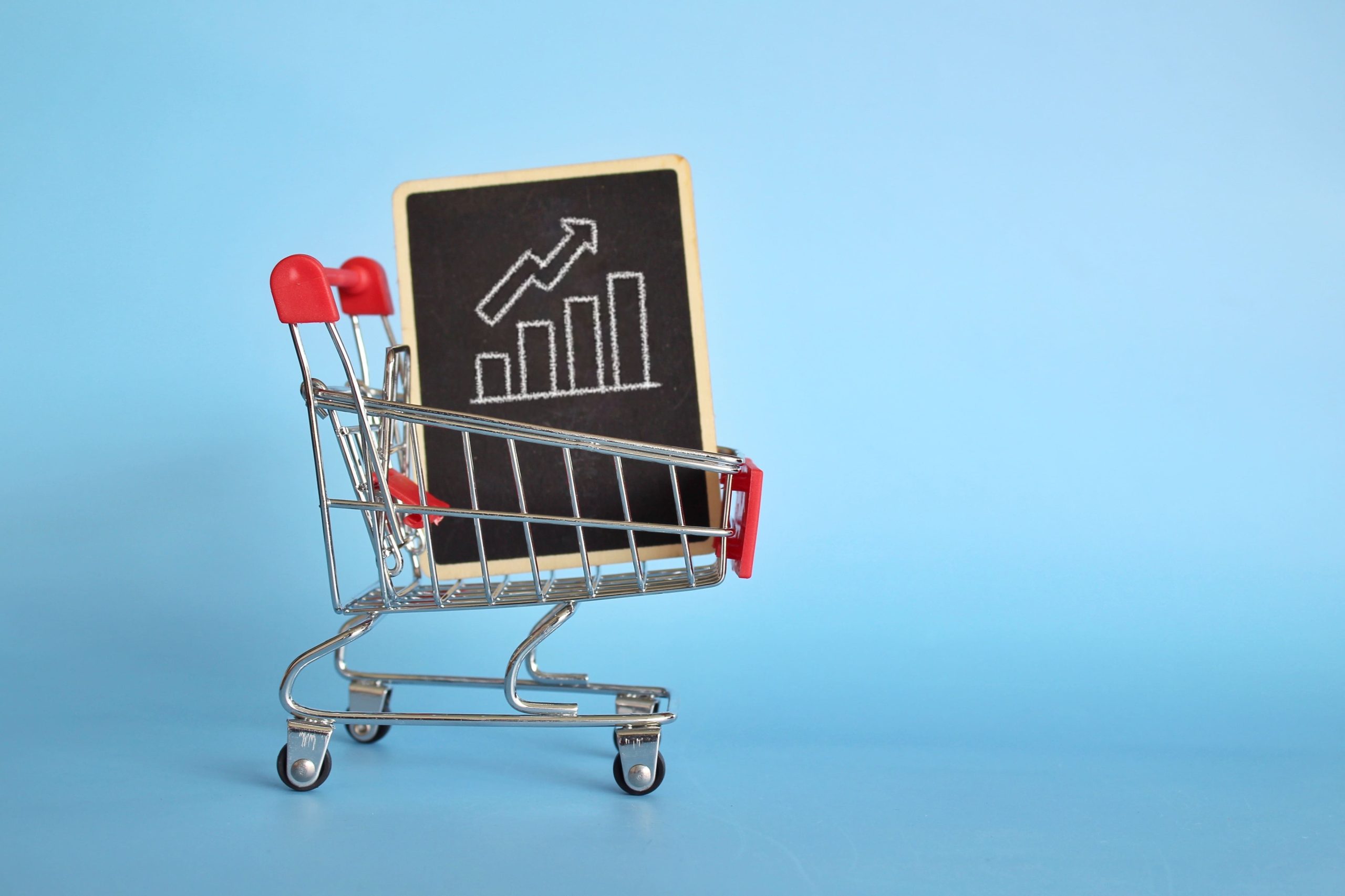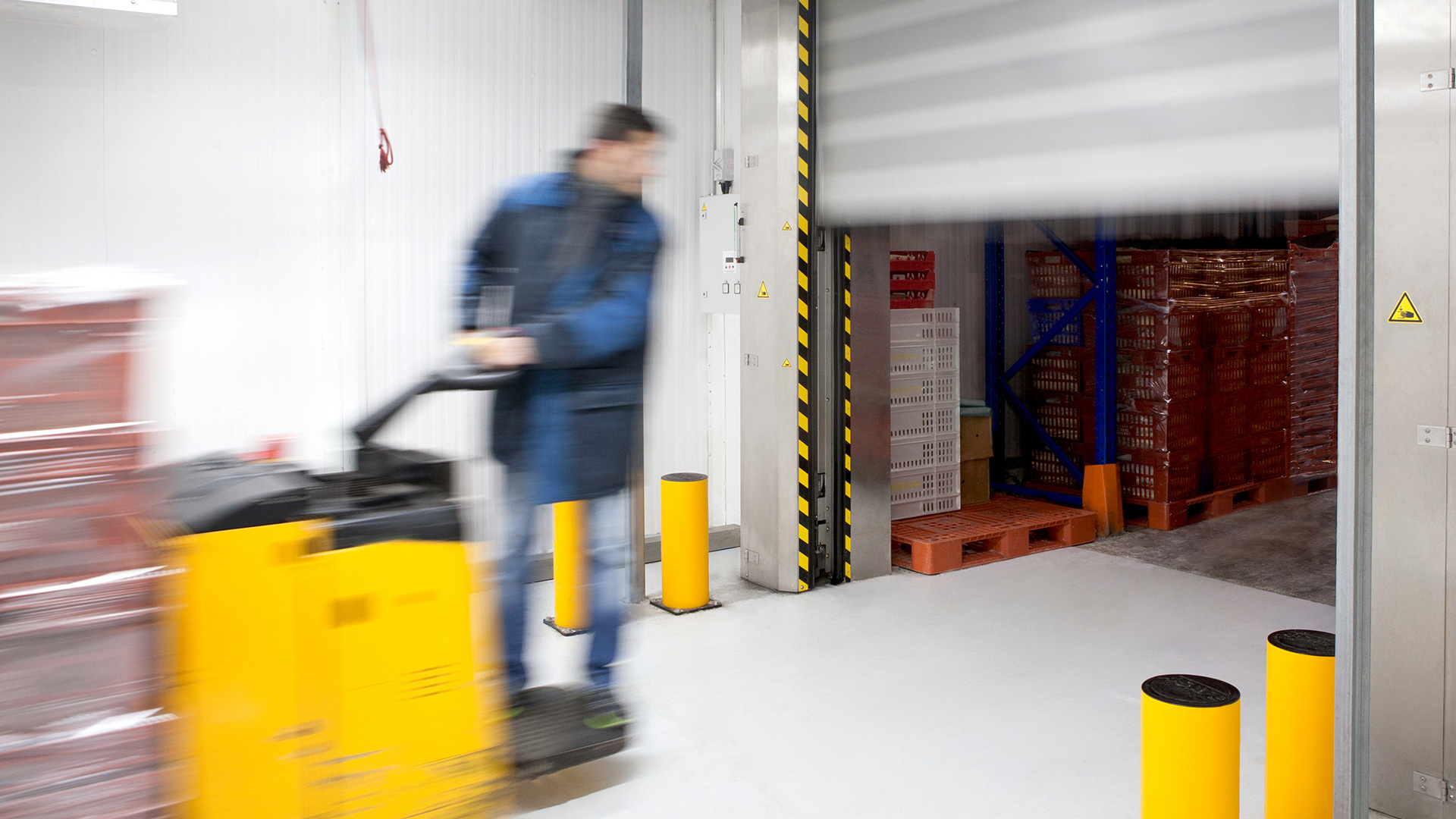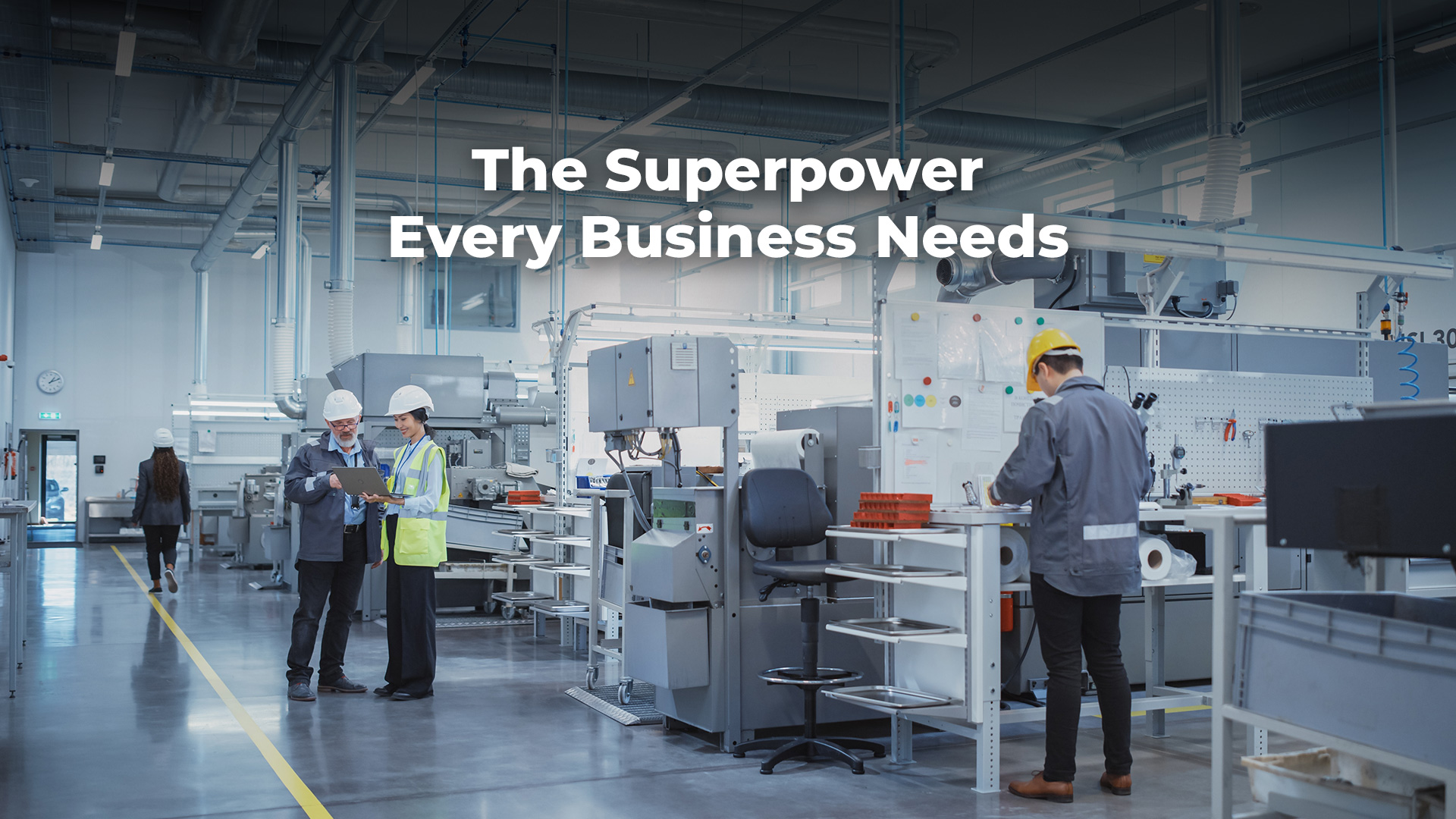As eCommerce continues to evolve, adapting to new technologies and consumer behavior shifts becomes essential for businesses striving to remain competitive. In 2025, these changes are accelerating, with trends shaping the industry more profoundly than ever.
Key eCommerce Trends to Expect
Here’s a deep dive into the key trends that are expected to impact eCommerce this year, along with expert insight and actionable advice.
Artificial Intelligence (AI) and Automation
Artificial Intelligence continues to be at the forefront of eCommerce innovation, but in 2025, we’ll see AI moving beyond customer service and personalization. AI-powered predictive analytics will be central to anticipating customer needs, optimizing inventory, and streamlining logistics. According to recent forecasts, 90% of eCommerce companies will use AI for forecasting demand and personalizing offers by 2025.
Oleksandr Venzheha, Marketing Director of Meest International, remarks, "The next evolution of AI in eCommerce is all about leveraging data to predict customer needs in real time. Companies that harness AI will be able to deliver hyper-personalized experiences that resonate deeply with their audiences."
Increased Adoption of Blockchain for Transparency
Blockchain technology is gaining traction in eCommerce, particularly in enhancing supply chain transparency and security. In 2025, we’ll see more businesses adopting blockchain to provide transparent tracking of products from source to consumer, building trust and offering customers insight into product origins. Blockchain also strengthens transaction security, addressing concerns related to online fraud.
Immersive Shopping with Augmented Reality (AR) and Virtual Reality (VR)
In 2025, AR and VR technologies will play an even bigger role in creating immersive shopping experiences. From virtual fitting rooms to 3D product previews, these tools allow customers to interact with products in a way that closely mimics physical shopping. Studies project that the AR/VR market in eCommerce will reach $50 billion by 2025, reflecting the increasing demand for immersive experiences.
Focus on Sustainability and Circular Economy Practices
Sustainability is no longer optional in eCommerce. In 2025, companies will shift from merely eco-friendly packaging to adopting circular economy practices, where products are designed for reuse, repair, or recycling. This shift will be driven by consumer demand for more responsible business practices. Recent surveys show that 68% of consumers prefer to shop with brands committed to sustainability, reinforcing the importance of circular models.
Social Commerce and the Rise of Livestream Shopping
Social commerce is set to dominate in 2025, with platforms like Instagram, TikTok, and YouTube leading the way in seamless shopping experiences. Livestream shopping—where customers can purchase products in real-time during live broadcasts—will gain popularity, allowing brands to engage audiences more interactively. Experts predict that social commerce will account for 20% of global eCommerce sales by 2025.
Challenges and Opportunities for eCommerce in 2025
While these trends open up new avenues for growth, they also bring unique challenges. Implementing blockchain and AI technologies, for example, may require significant investment in infrastructure and expertise. Similarly, adopting circular economy practices involves reshaping existing supply chains. However, for companies ready to embrace these changes, the benefits include stronger customer loyalty, enhanced brand reputation, and a competitive edge.
Recommendations for eCommerce Businesses in 2025
To thrive in the dynamic landscape of 2025, eCommerce companies should:
- Invest in AI and predictive analytics to anticipate customer needs and streamline operations.
- Adopt blockchain technology to build transparency and trust in the supply chain.
- Explore AR and VR solutions to create immersive shopping experiences that bridge the online-offline gap.
- Embrace circular economy practices to attract environmentally conscious consumers.
- Leverage social commerce platforms and engage in livestream shopping to reach and captivate audiences.
Conclusion
As we look to 2025, eCommerce businesses have unparalleled opportunities to innovate and connect with consumers in new, meaningful ways. By adopting advanced technologies, prioritizing transparency, and focusing on sustainability, brands can remain competitive and relevant in an ever-changing market.





